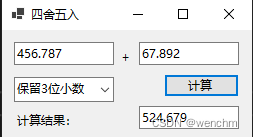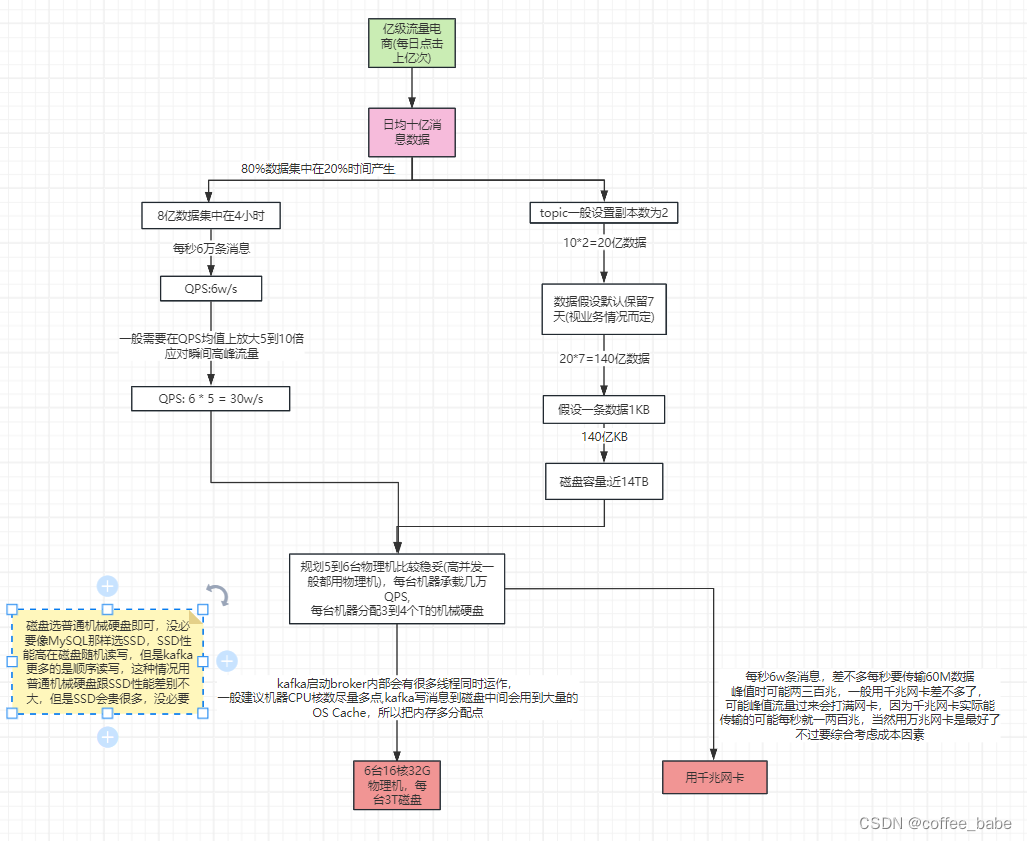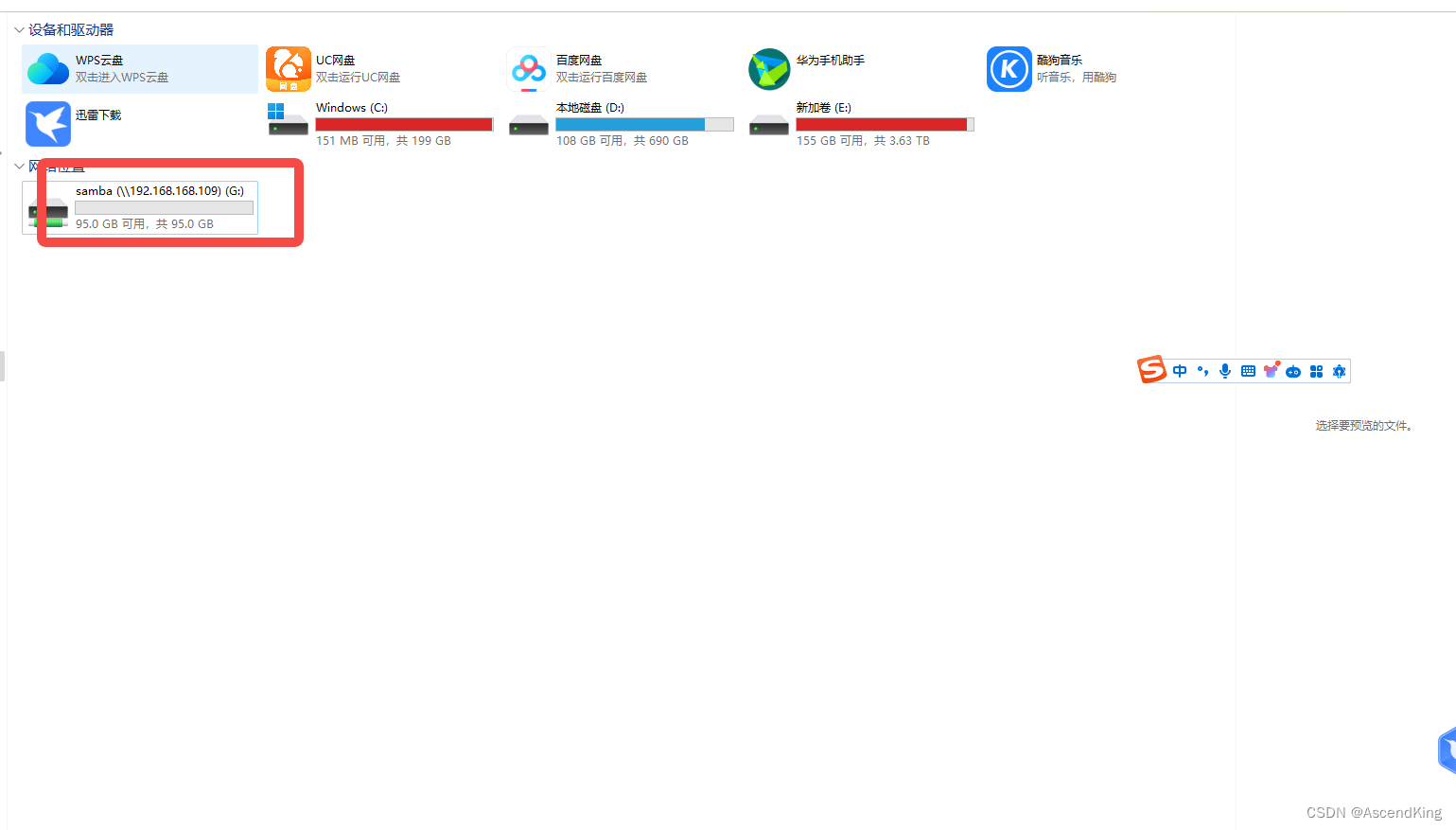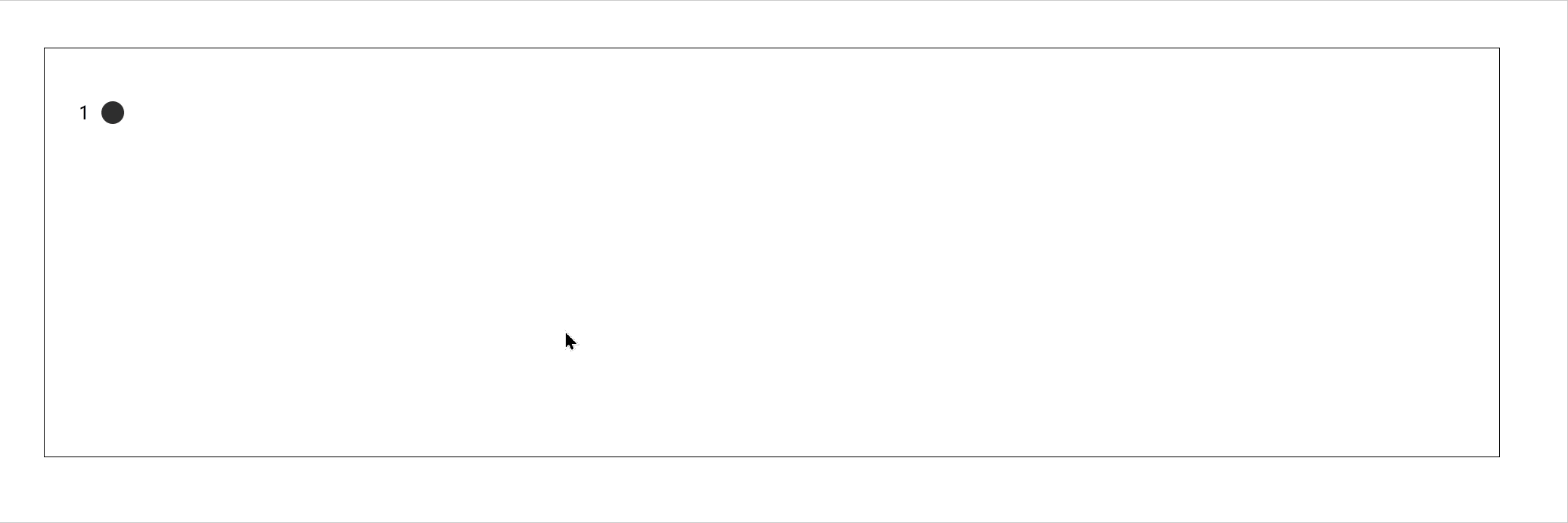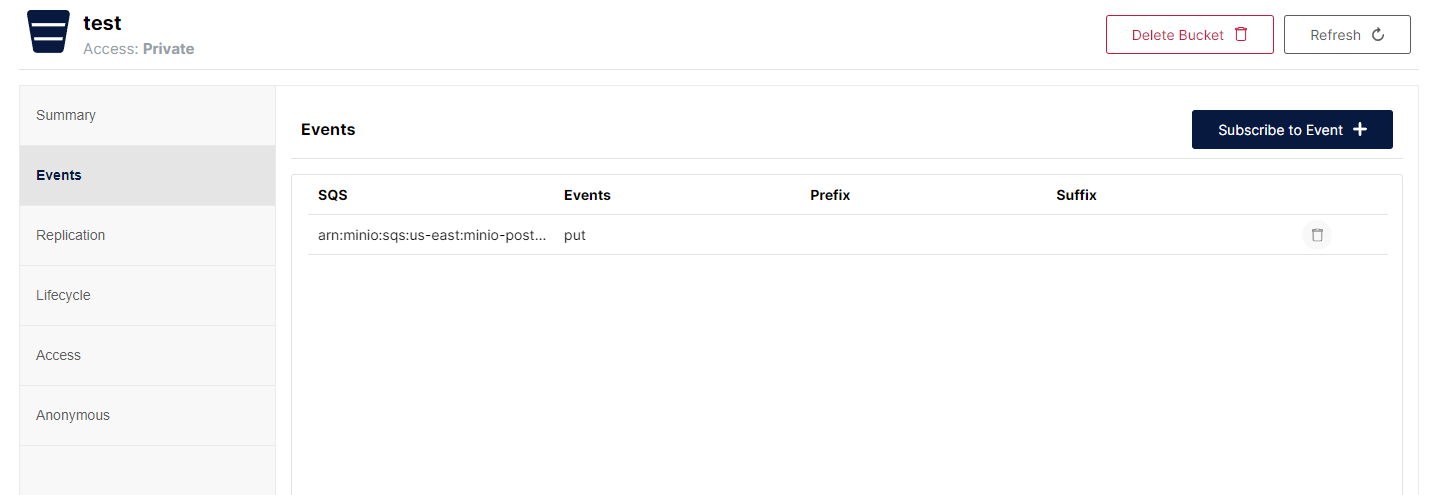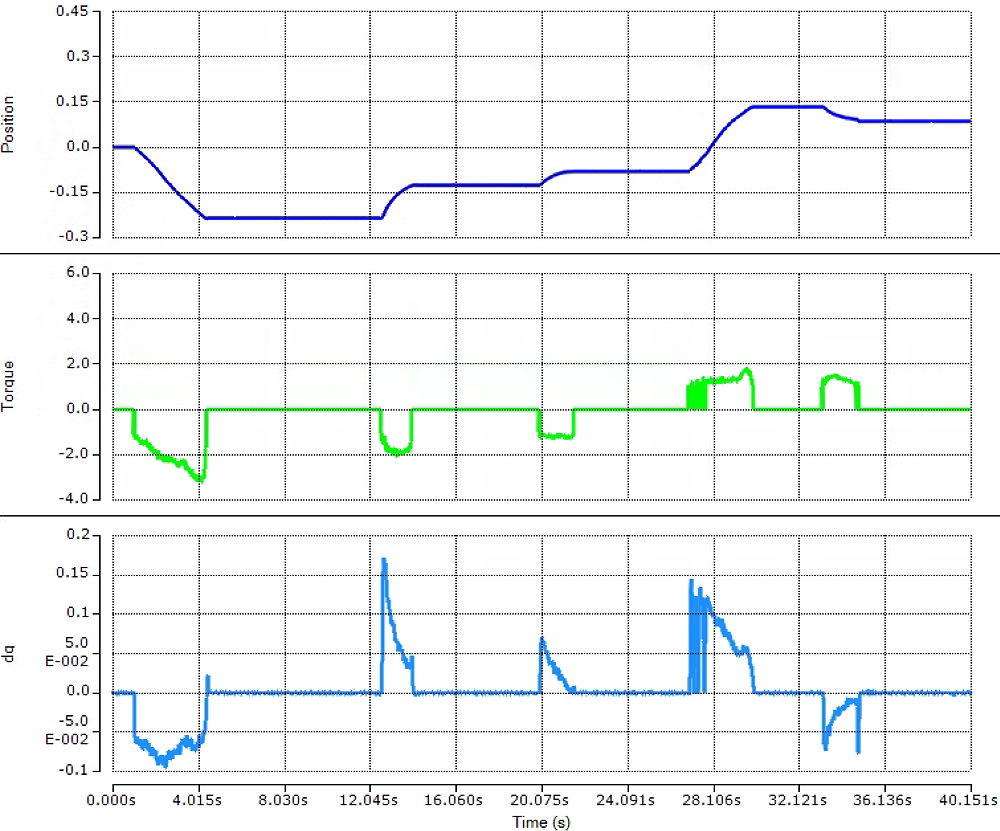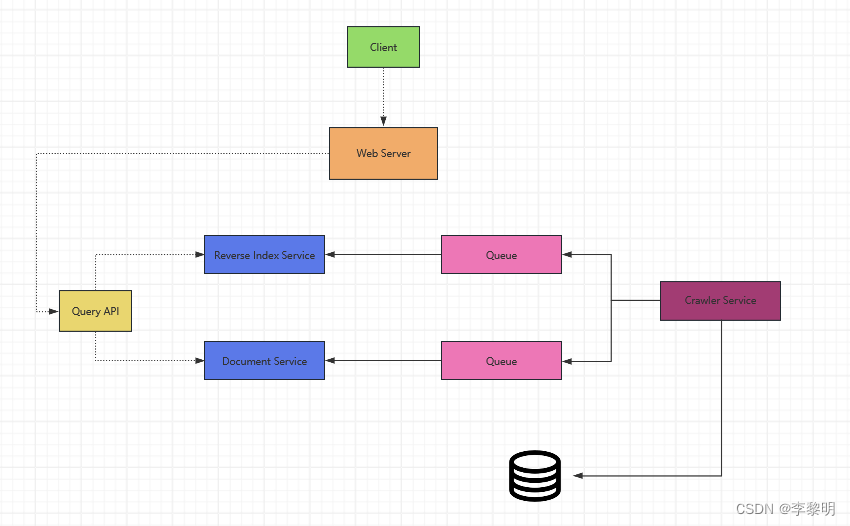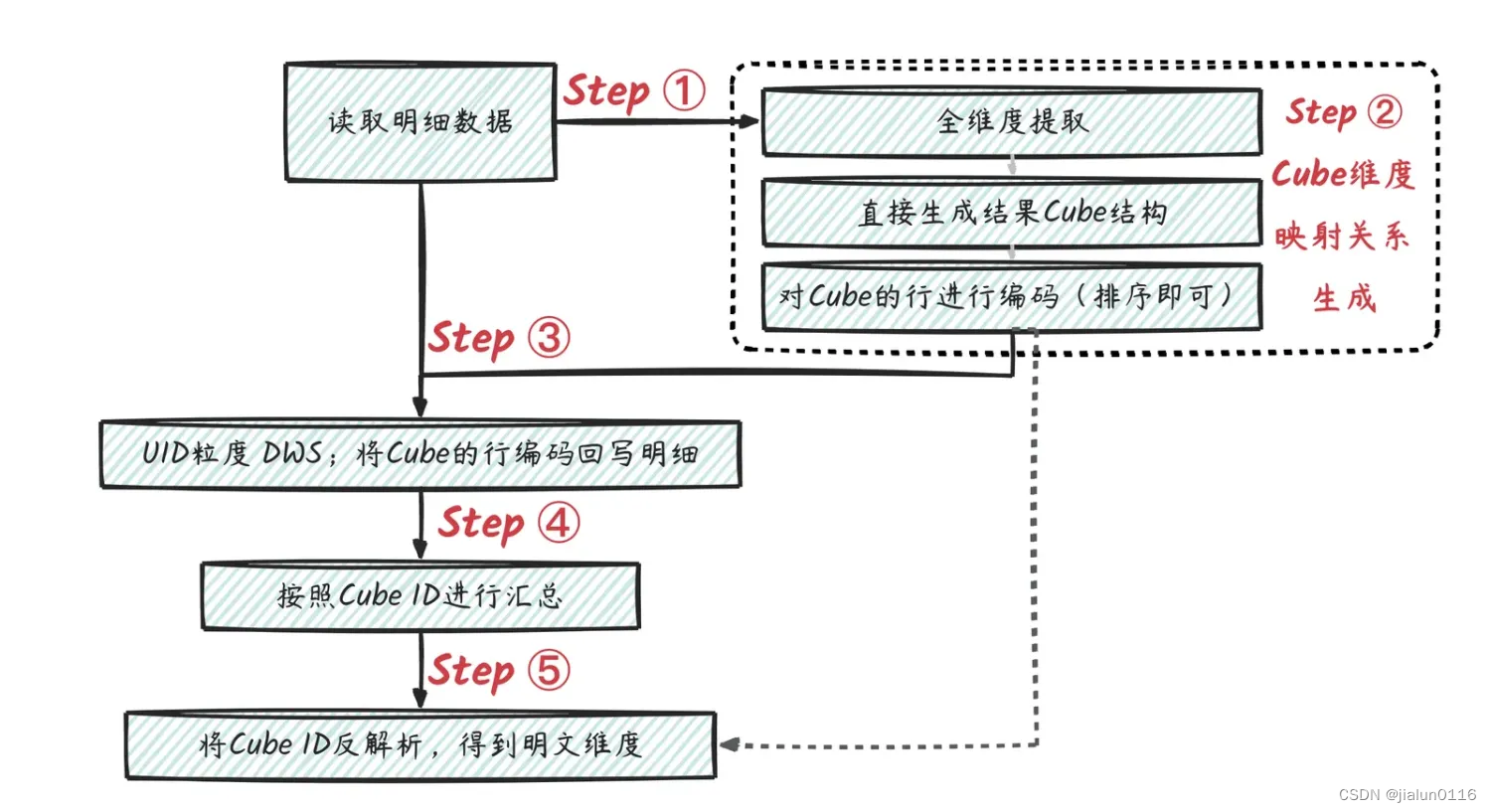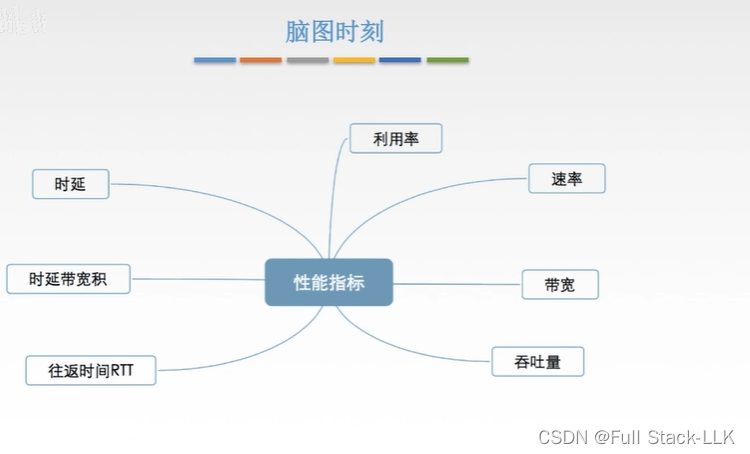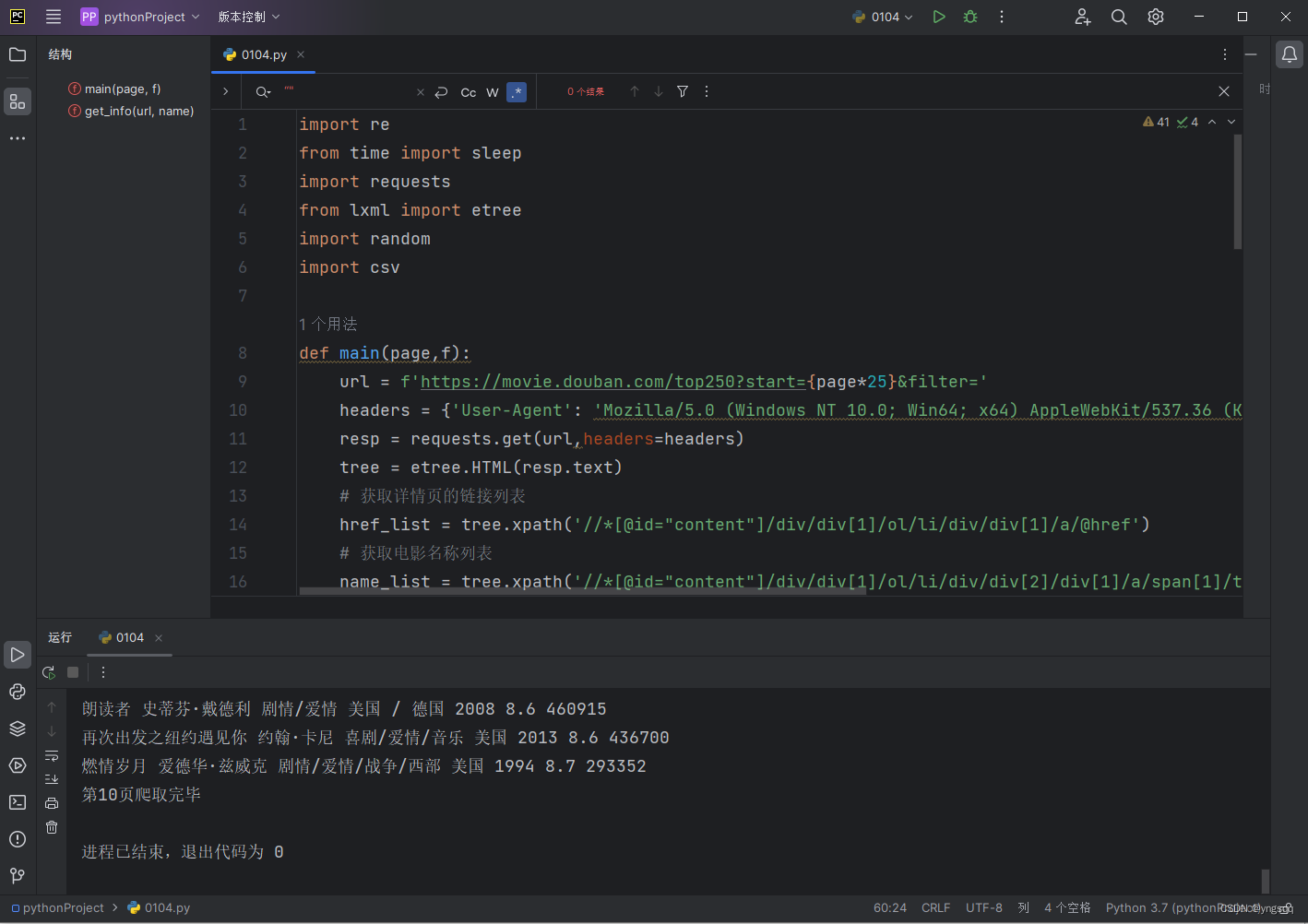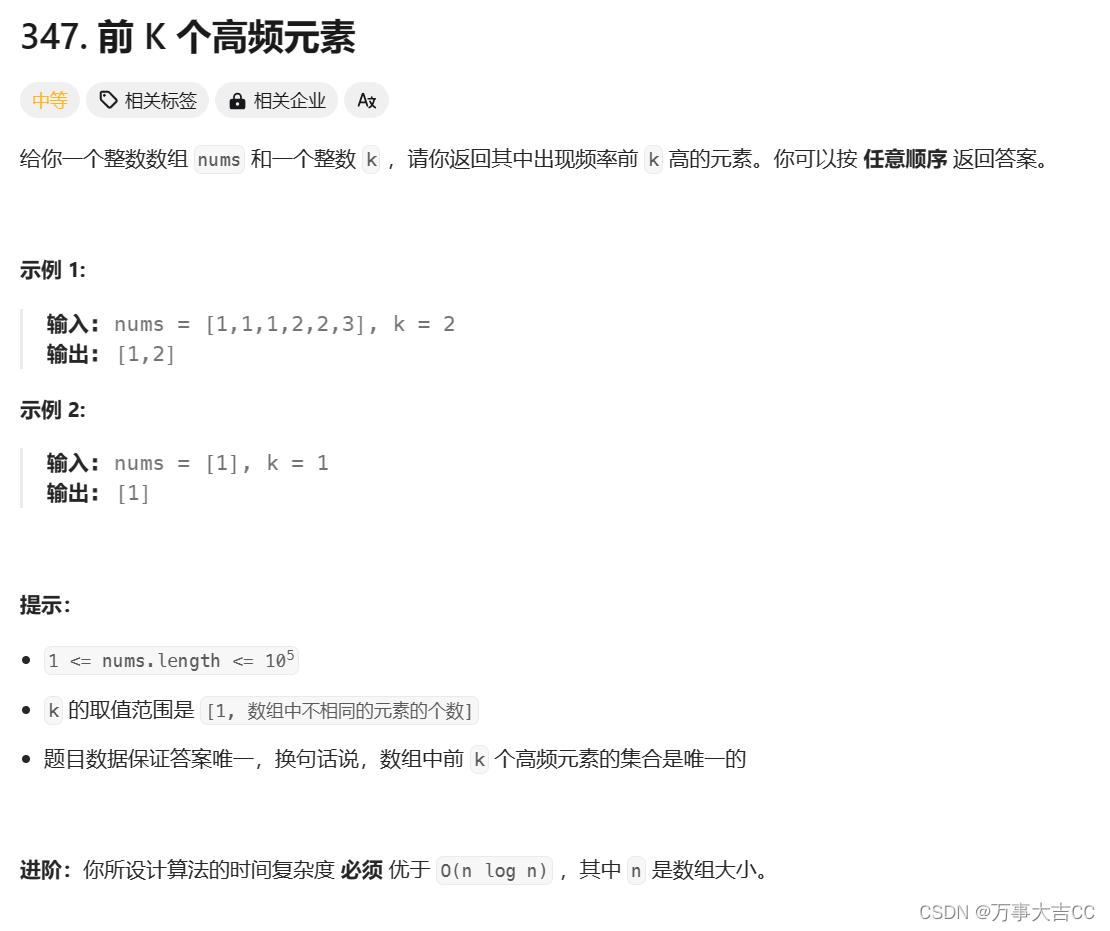目录
一、涉及到的知识点
1.double.TryParse()方法
2.Math.Round(Decimal, Int32) 方法
3.comboBox1没有选项
二、示例
1.源码
2.生成
一、涉及到的知识点
1.double.TryParse()方法
详见本文作者写的其他文章,
C#用double.TryParse(String, Double)方法将字符串类型数字转换为数值类型-CSDN博客 https://wenchm.blog.csdn.net/article/details/135593983
2.Math.Round(Decimal, Int32) 方法
将小数值舍入到指定数量的小数位,并将中点值舍入到最接近的偶数。
public static decimal Round (decimal d, int decimals);
参数
d
Decimal
要舍入的小数。
decimals
Int32
返回值中的小数位数。
返回
Decimal
最接近 d 的 decimals 位小数的数字。
例外
ArgumentOutOfRangeException
decimals 小于 0 或大于 28。
OverflowException
结果超出了 Decimal 的范围。
注解
参数的值 decimals 范围为 0 到 28。此方法使用 的默认舍入约定 MidpointRounding.ToEven。在舍入中点值时,舍入算法执行相等测试。
Math.Round输出示例:
//示例
Console.WriteLine(Math.Round(3.44m, 1));
Console.WriteLine(Math.Round(3.45m, 1));
Console.WriteLine(Math.Round(3.46m, 1));
Console.WriteLine();
Console.WriteLine(Math.Round(4.34m, 1));
Console.WriteLine(Math.Round(4.35m, 1));
Console.WriteLine(Math.Round(4.36m, 1));
// The example displays the following output:
// 3.4
// 3.4
// 3.5
//
// 4.3
// 4.4
// 4.4由输出结果看,Math.Round的结果不是严格意义的四舍五入,比如Round(3.45,1)=3.4就没有按四舍五入操作,但Round(4.35,1)=4.4就按四舍五入操作了。这是Math.Round定义的规则。
如果想要严格地执行四舍五入,就需要对Round方法进行重载。
3.comboBox1没有选项
当没有选项时,comboBox1!.SelectedIndex == -1;
二、示例
1.源码
//用Math.Round和double.TryParse方法实现四舍五入
namespace _048
{
public partial class Form1 : Form
{
private TextBox?textBox1;
private TextBox? textBox2;
private Label?label1;
private Label? label2;
private TextBox? textBox3;
private ComboBox? comboBox1;
private Button? button1;
public Form1()
{
InitializeComponent();
Load += Form1_Load;
}
private void Form1_Load(object?sender, EventArgs e)
{
//
// textBox1
//
textBox1 = new TextBox
{
Location = new Point(12, 12),
Name = "textBox1",
Size = new Size(100, 23),
TabIndex = 0
};
//
// textBox2
//
textBox2 = new TextBox
{
Location = new Point(137, 12),
Name = "textBox2",
Size = new Size(100, 23),
TabIndex = 1
};
//
// label1
//
label1 = new Label
{
AutoSize = true,
Location = new Point(116, 18),
Name = "label1",
Size = new Size(17, 17),
TabIndex = 2,
Text = "+"
};
//
// label2
//
label2 = new Label
{
AutoSize = true,
Location = new Point(12, 82),
Name = "label2",
Size = new Size(68, 17),
TabIndex = 3,
Text = "计算结果:"
};
//
// textBox3
//
textBox3 = new TextBox
{
Location = new Point(137, 76),
Name = "textBox3",
Size = new Size(100, 23),
TabIndex = 4
};
//
// comboBox1
//
comboBox1 = new ComboBox
{
FormattingEnabled = true,
Location = new Point(12, 47),
Name = "comboBox1",
Size = new Size(100, 25),
TabIndex = 5,
};
comboBox1.Items.AddRange([
"保留1位小数",
"保留2位小数",
"保留3位小数",
"保留4位小数"]);
//
// button1
//
button1 = new Button
{
Location = new Point(162, 44),
Name = "button1",
Size = new Size(75, 23),
TabIndex = 6,
Text = "计算",
UseVisualStyleBackColor = true
};
button1.Click += Button1_Click;
//
// Form1
//
AutoScaleDimensions = new SizeF(7F, 17F);
AutoScaleMode = AutoScaleMode.Font;
ClientSize = new Size(250, 107);
Controls.Add(button1);
Controls.Add(comboBox1);
Controls.Add(textBox3);
Controls.Add(label2);
Controls.Add(label1);
Controls.Add(textBox2);
Controls.Add(textBox1);
Name = "Form1";
Text = "四舍五入";
}
private void Button1_Click(object? sender, EventArgs e)
{
if(textBox1!.Text !=""&& textBox1!.Text != "")
{
if(comboBox1!.SelectedIndex != -1)
{
if (double.TryParse(textBox1!.Text, out double temp1) &&
double.TryParse(textBox2!.Text, out double temp2))
{
textBox3!.Text = //得到四舍五入后的值
Math.Round(temp1 + temp2, comboBox1!.SelectedIndex + 1).ToString();
}
else
{
MessageBox.Show("输入数值不正确!", "提示!");
}
}
else
MessageBox.Show("请选择正确的小数点后位数", "提示!");
}
else
MessageBox.Show("重新输入正确的数字!", "提示!");
}
}
}
2.生成

